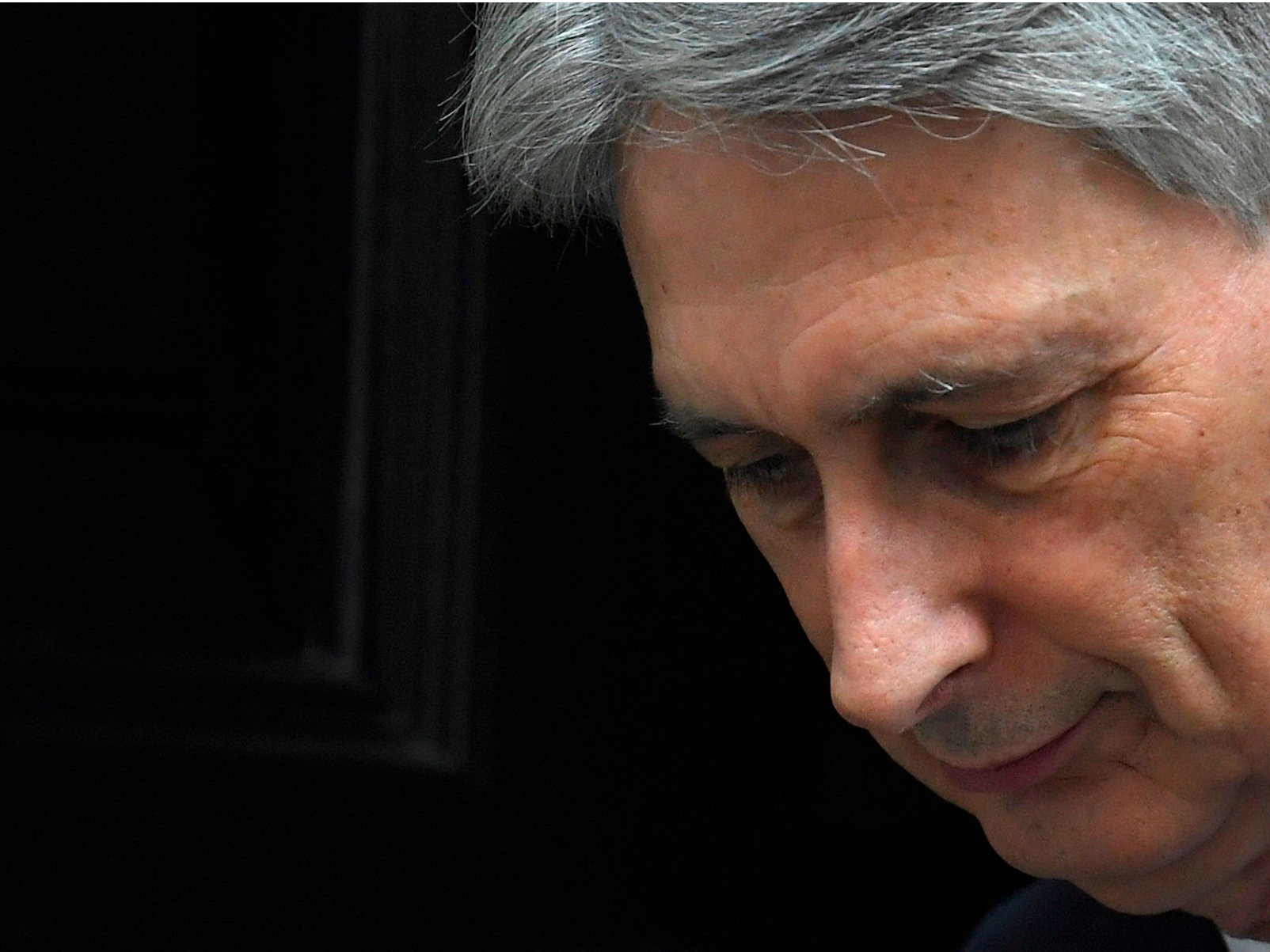LONDON – Politicians that support Brexit are pushing Chancellor Philip Hammond to do something that many think is near impossible – cap the amount Britain will pay in its Brexit divorce settlement to just over 5% of what the European Union is angling for.
The Times newspaper reports that MPs are demanding Hammond get a divorce deal that will only cost Britain £3 billion (€3.4 billion, $3.7 billion). This is tiny compared to the nearly £50 billion (€57.3 billion) that Britain is expected to pay, according to the EU’s chief Brexit negotiator Michel Barnier.
The £50 billion figure was agreed after a meeting between Barnier and representatives from other EU member states in February. Germany and France allegedly wanted the divorce bill to be over £59 billion (€67 billion) but agreed on a compromise. Barnier spoke about charging Britain nearly £50 billion for “outstanding liabilities” in December.
Behind the scenes in Westminster, Brexit-supporting MPs think Hammond should get the EU to agree to Britain paying only around 5% of this amount. Prime Minister Theresa May and the British negotiating team are set to dispute this demand when talks officially get underway but face an uphill task to get anywhere near the amount pro-Brexit Tory MPs are pushing for.
Article 50, the formal notification of Britain’s intention to leave the EU, will be triggered on March 29, a Downing Street spokesperson confirmed on Monday. The notification will take the form of a letter addressed to Donald Tusk, President of the European Council. Once Article 50 is triggered, Britain can finally start formally negotiating its exit terms with the EU.
In February, The Times also reported that Britain is pushing for the European Union to hand over a €150 billion slice of its assets - which includes cash and property - after Brexit. This will help shave off some of the UK's divorce payments.
Those assets, include €21.7 billion (£18.9 billion) in cash, €8.7 billion (£7.6 billion) in property, and €45.2 billion (£39.4 billion) from money that was contributed to projects that may not be completed.
But according to EU officials, it is unlikely Britain will get such favourable deals.
On March 20, European Commission President Jean-Claude Juncker said in an interview with Bild am Sonntag newspaper that he is not worried about other EU countries leaving the bloc after Britain because Brexit will make them see it is not a good option, he said in a newspaper interview. "Britain's example will make everyone realise that it's not worth leaving," he said.

